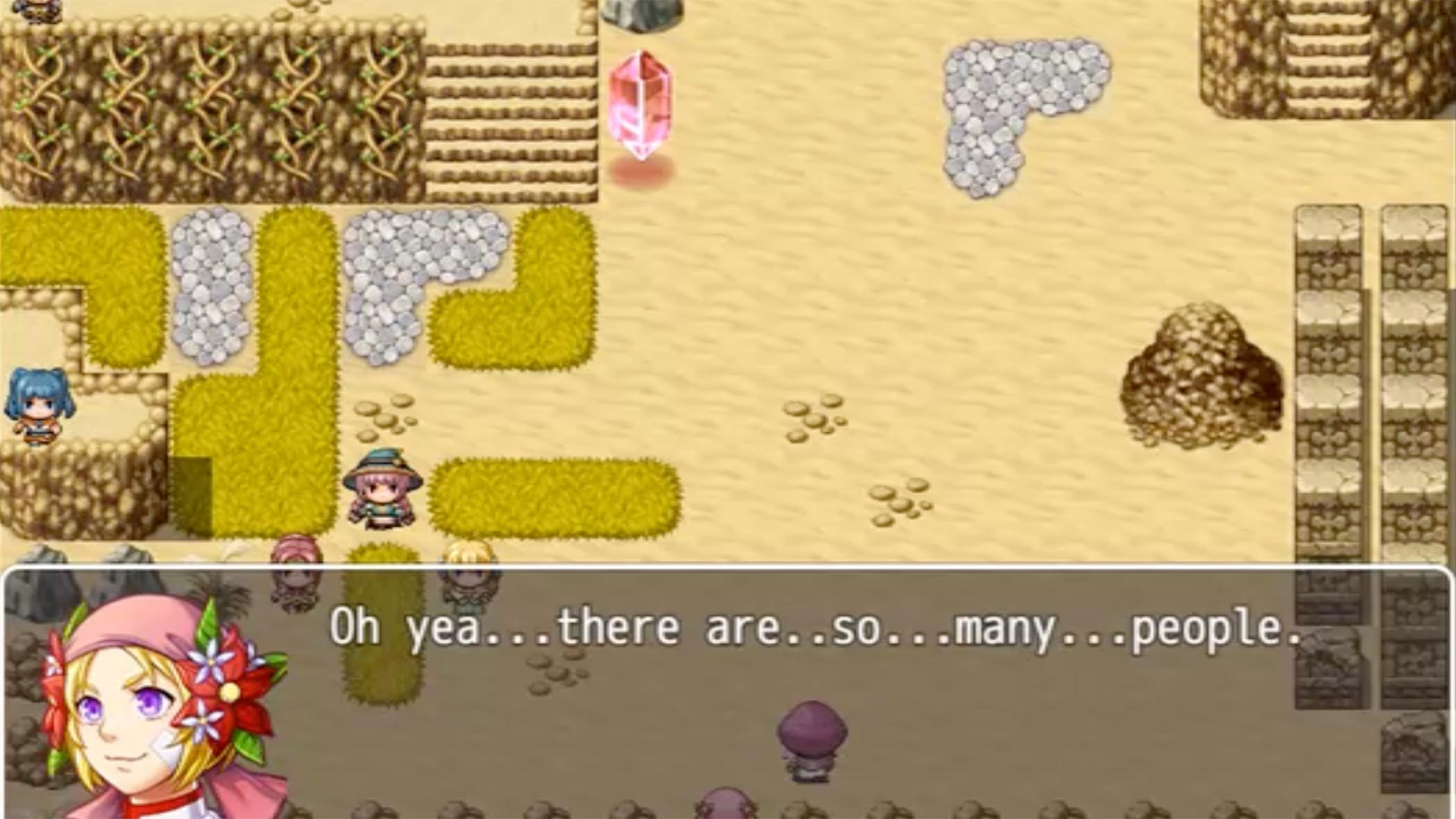
While video games are one of the most popular forms of entertainment, they also have benefits in other areas.
To better illustrate that, the Entertainment Software Association of Canada (ESAC), the lobbying group that represents Canada’s gaming industry, has released a new report in collaboration with Nordicity. The report, titled “Beyond Entertainment: The Transformative Power of Video Games,” examines how gaming has helped 11 Canadian organizations in different fields ranging from mental health and rehabilitation to business and community outreach.
For example, the report profiles Ludic Mind, a studio based in Montreal’s McGill University that specializes in digital media and mental health. In partnership with Hamilton, Ontario’s McMaster University, Ludic developed a game called “Journey — Back to Reality” that centres around teaching youth about the risks of psychosis and regular cannabis use. Ludic’s biggest project, however, is an RPG Maker title called “The Road Ahead” which explores pandemic feelings of isolation based on real youth stories.
Elsewhere in Montreal is Ludica Health, a Montreal-based company that creates interactive exercise games for the elderly. One of these programs, LudoFit, is on PC, Mac and iPad and emulates skiing, climbing, cycling and rafting movements in immersive virtual locales. Leveraging clinical protocols like the Otago Exercise Programme and the Tai-Chi Cardiac Rehabilitation Program, LudoFit aims to make the rehab process effective, safe and fun for seniors.
Outside of healthcare, the report dives into how games are used to connect members of the Indigenous community. One example of this can be found at Winnipeg’s Manitoba First Nations Educational Resource Centre, which mixes First Nations culture and esports to help First Nations schools combat low self-esteem and increasing dropout rates.
In the field of business, meanwhile, global software giant Unity Technologies’ Calgary team uses game engine technology to improve workflow. This includes creating digital models of everything from cars to Vancouver International Airport so workers can better visualize deficiencies in a shared virtual space.
Other case studies include Toronto’s Holland Bloorview treating children with video games, Toronto’s Prodigy Education using a virtual pet game to help kids with math, DigiBC’s interactive Play to Learn program to help middle school kids learn more about STEM careers and Edmonton-based elderly VR exercise program Virtual Gym.
The full report can be found here.
Update 26/03/2024 at 11:34am ET: Corrected Prodigy Entertainment to Prodigy Education.
Image credit: Ludic Mind
MobileSyrup may earn a commission from purchases made via our links, which helps fund the journalism we provide free on our website. These links do not influence our editorial content. Support us here.


